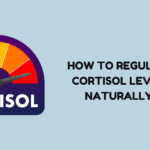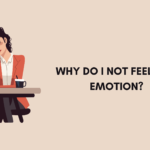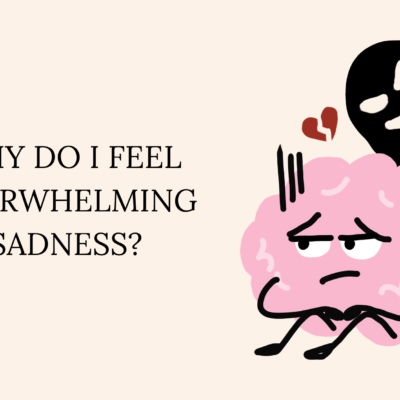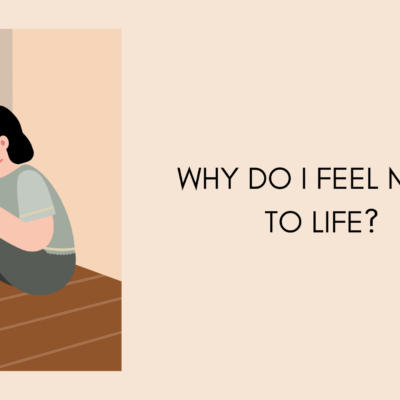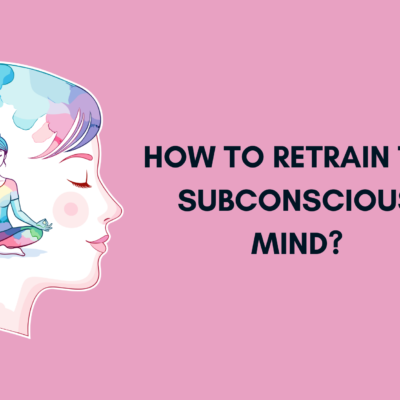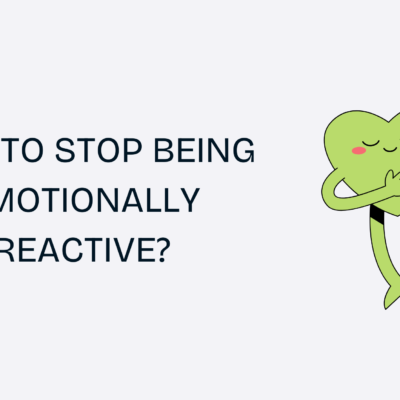How to Deal with Overwhelming Anger: Anger is a natural human emotion. It’s not inherently bad—it signals that something is wrong, unfair, or needs to be addressed. But when anger becomes overwhelming, persistent, or explosive, it can damage relationships, health, and peace of mind.
Most people aren’t taught how to feel anger without being consumed by it. Instead, we suppress it, explode, or feel shame for even having it. But there’s a healthier way.
This article explores the roots of overwhelming anger, what it does to your body and mind, and most importantly—how to deal with it in healthy, transformative ways.
Also Read:
What Is Overwhelming Anger?
Overwhelming anger is more than just irritation or frustration. It’s a tidal wave of emotion that feels impossible to control. It may show up as:
- Explosive outbursts
- Shouting, slamming, or throwing things
- Deep resentment or bitterness
- Physical tension or shaking
- Silent rage or emotional withdrawal
- Feelings of guilt after expressing anger
It often arises when anger is unprocessed or bottled up for too long, or when past trauma, hurt, or helplessness has no other outlet.
Why Do We Experience Such Intense Anger?
Anger is rarely just about the surface issue. Behind most rage is pain, fear, betrayal, or unmet needs. Understanding the deeper cause is essential.
Here are some common root causes:
1. Unhealed Trauma
Childhood neglect, emotional abuse, or betrayal can leave wounds that fuel disproportionate anger later in life. A small trigger may reawaken old pain.
2. Lack of Emotional Expression
If you were taught that expressing anger is “bad” or “disrespectful,” you may suppress it until it explodes. Unexpressed anger doesn’t go away—it builds.
3. Feeling Powerless
Anger often masks feelings of helplessness. When we feel trapped or unheard, we may lash out in an attempt to reclaim control.
4. Burnout and Chronic Stress
Prolonged stress depletes patience. When you’re exhausted and overwhelmed, even small annoyances can push you over the edge.
5. Unmet Needs or Boundaries Violations
If your needs are constantly dismissed or boundaries ignored, anger becomes a defense mechanism. You’re not “overreacting”—you’re finally reacting.
What Anger Does to Your Body
When you experience anger, your body releases adrenaline and cortisol—preparing you to fight or flee. Heart rate spikes, muscles tense, breathing quickens.
Chronic anger can lead to:
- High blood pressure
- Weakened immunity
- Digestive issues
- Insomnia
- Heart problems
- Increased risk of anxiety and depression
Learning how to process anger healthily is not just good for relationships—it’s essential for physical and emotional health.
Step-by-Step: How to Deal with Overwhelming Anger
Here’s how to manage anger in a way that’s empowering, not destructive.
1. Pause Before You React
When you feel anger rising, your nervous system is already gearing up for a fight. That’s not the time to send the text, make the call, or confront someone.
Do this instead:
- Pause. Take a deep breath.
- Step away if possible.
- Say to yourself: “I’m angry. I’m allowed to feel this. But I don’t have to act on it right now.”
Just creating a gap between anger and action gives you a chance to choose how you respond instead of reacting impulsively.
2. Feel the Anger—Don’t Suppress It
Suppressing anger leads to emotional buildup and eventual explosion. The goal isn’t to get rid of the anger, but to allow it to exist safely.
Try this:
- Sit quietly and say: “I feel angry.”
- Notice where you feel it in your body — chest, jaw, fists, belly?
- Don’t label it as “bad.” Just feel it.
Anger wants acknowledgment, not judgment.
3. Express It in a Safe, Physical Way
Anger is stored as energy in the body. It needs movement to be released, not just “talked about.”
Healthy outlets:
- Punch a pillow
- Scream into a towel
- Go for an intense walk or run
- Dance it out
- Write a raw, unfiltered journal entry (you don’t have to keep it)
Let the anger move through you instead of letting it stay inside you.
4. Name the Deeper Emotion Beneath
Anger is often a secondary emotion. Underneath it may be:
- Hurt (“I feel abandoned”)
- Fear (“I feel unsafe or out of control”)
- Shame (“I feel not good enough”)
- Grief (“I feel loss and helplessness”)
Ask yourself:
- What’s really hurting me?
- What am I afraid of?
- What do I wish someone understood about me right now?
This self-awareness softens the anger and leads to healing.
5. Practice Conscious Communication
When you’re ready, express your anger—but do it with clarity, not blame.
Instead of:
- “You never listen to me!”
- “You make me so mad!”
Try:
- “I feel angry when I don’t feel heard.”
- “It hurts when my needs are ignored.”
Use “I” statements. Focus on your emotions, not the other person’s faults. This invites dialogue instead of defense.
6. Set Boundaries Without Guilt
Sometimes anger is a signal that a boundary is being crossed. Listen to it.
Examples:
- “I won’t continue this conversation if it gets disrespectful.”
- “I need space to calm down. We’ll talk later.”
- “I’m not okay with being spoken to like that.”
You’re not being “mean” or “dramatic.” You’re protecting your peace.
7. Tend to Your Nervous System Daily
Overwhelming anger often stems from a nervous system stuck in fight-or-flight. To regulate it, practice daily calming rituals:
- Deep breathing (especially exhale-focused)
- Grounding exercises (walk barefoot, hold an object, touch a wall)
- Warm baths or showers
- Gentle yoga or stretching
- Listening to calming music or nature sounds
- Mindfulness meditation
Over time, these practices build emotional resilience so that anger doesn’t consume you.
8. Forgive, Not for Them—But for You
Forgiveness doesn’t mean what happened was okay. It means you’re choosing to free yourself from the weight of anger that’s poisoning your own peace.
Ask yourself:
- What is this anger costing me?
- What would it feel like to let go, even a little?
Sometimes, the hardest person to forgive is yourself. You’re allowed to move forward.
9. Talk to a Professional
If your anger feels unmanageable, or you feel like you’re always on edge, you’re not weak—you’re human.
A therapist or counselor can help:
- Identify patterns or trauma behind the anger
- Teach anger management techniques
- Provide tools to regulate emotions
- Offer a safe space to release what you’ve been holding
You don’t have to do this alone.
10. Replace the Shame With Compassion
You are not your anger.
You are someone who feels anger because you care, because you’ve been hurt, because you’ve been stretched too thin.
Instead of shaming yourself for feeling too much, try saying:
- “It’s okay to be angry. I’m learning how to feel it without letting it destroy me.”
- “I am allowed to take up space.”
- “My anger is valid. And I’m learning how to use it wisely.”
This is what healing looks like.
When to Seek Help Immediately
Seek support if:
- You often feel rage that scares you
- You have thoughts of hurting yourself or others
- You’re in a violent or abusive relationship (whether giving or receiving)
- Anger is destroying your relationships or job
There’s no shame in needing help. It’s brave and life-changing.
Conclusion: Anger Is a Messenger, Not a Monster
Overwhelming anger isn’t a flaw—it’s a signal. A call from your inner self saying: Something’s not right. I need to be seen, heard, or protected.
When you learn to listen to your anger with compassion and channel it wisely, it becomes a source of power, clarity, and self-respect.
You can feel your anger without hurting others or yourself.
You can heal the parts of you that scream instead of speak.
You can build a life where peace, not rage, becomes your default.
One breath. One pause. One healing choice at a time.

